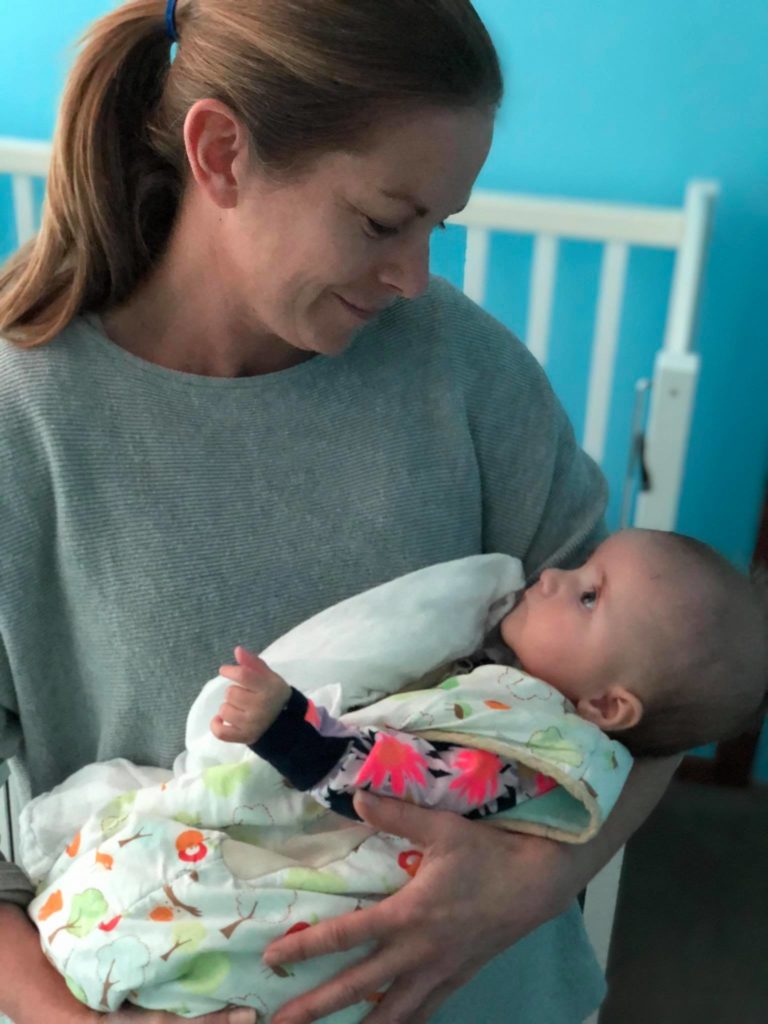At Folkestone Street ensuring that the tamariki in our care are well-rested is a top priority, and nothing serves this cause more than having four individual sleep rooms.
Having four sleep rooms means that when your tamariki first enrols at Folkestone Street they are able to settle to sleep in a room of their own – no interruptions, no distractions – you and your tamariki can take all the time you need to comfortably settle off to sleep.
We encourage our new whanau to put their tamariki to sleep exactly as they would at home, whether this is through breastfeeding, co-sleeping or self-settling (and don’t forget their dummy, special blanket or cuddly toy!).
Once your tamariki has experienced sleeping in this new environment, then one of our experienced kaiako will work along with you to recreate this ritual as closely as possible, ensuring that there is a connection between home and centre life and you and your tamariki experience a sense of belonging.
Because of the four sleep rooms, our pēpi often get a room to themselves for their sleeps, and are thus able to experience quality deep sleep.
They are able to go to bed when they need, rather than fitting a group schedule, and sleep for as long as they desire. When your tamariki has transitioned to one midday sleep, and has had plenty of experience sleeping in this new environment, then kaiako will thoughtfully transition them into sharing a room with one or two others, being mindful that they share the space with others with similar sleep rituals and patterns.
And if your tamariki is used to co-sleeping, don’t fret! Our kaiako will work with you and your whanau to find new ways of being that work well for all involved. Once kaiako have built a strong relationship with your tamariki, they are available to lie down with your child on a mattress for settling to sleep, keeping this experience as closely linked to the familiar co-sleeping style that they are used to.
We all know how important sleep is in our day to day lives; from affecting our mood throughout the day to our mental acuity, it’s obvious we struggle when we’re not getting a decent enough sleep – and our tamariki are no different. Having quality deep sleep in early childhood not only boosts brain development (particularly memory, language development and problem solving skills) and physical growth (Tham, Schneider & Broekman, 2017), but means that your tamariki has the energy needed to have a fun and fulling day!
Tham, E., Schneider, N., & Broekman, B. (2017). Infant sleep and it’s relation with cognition and growth: a narrative review. Nature and Science of Sleep, 9, 135-149. doi: 10.2147/NSS.S125992

